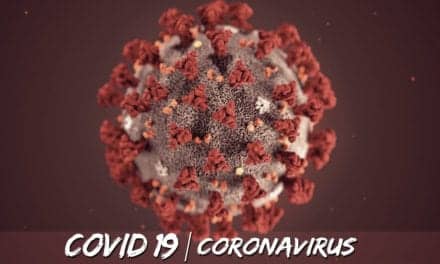A new report reveals poor access to National Health Service (NHS) services and sets out urgent steps required to meet the communication needs of deaf and other disabled people, according to an announcement on the SignHealth website.
The review is informed by patients, with contributions from 714 disabled people with communication needs, and 196 professionals from health and social care providers through an anonymous survey. Eighty-one percent of patients reported having a health appointment when their communication needs were unmet. Half of deaf people reported that their needs were rarely or never met.
A lack of an accessible method for contacting GP surgeries and the COVID challenge of masks for those who rely on lip-reading were also frequently reported as serious barriers for patients to even make initial contact.
The deaf health charity SignHealth has worked in partnership with a coalition of charities to review implementation of the NHS Accessible Information Standard (AIS). The results show widespread failure to implement the Standard across the NHS. Over one third, 37%, of healthcare professionals surveyed said they have never received any training linked to the AIS, despite it being introduced over five years ago.
One NHS professional stated in the anonymous survey, “No training or resources, both in terms of people and tools we may need, have been put in place to support the implementation of the AIS.”
This has led to significant health inequalities for deaf and other disabled people. It puts patient health at risk through misdiagnosis, inadequate medication information, missed appointments, and delays due to communication failures.
Urgent priorities for change
“Health is central to life, and yet people are currently being denied good healthcare due to poor access, leading to health inequalities. Many of the actions required to improve access to services, communication with healthcare providers, and long-term condition management are simple and cost-neutral, or cost-saving, if implemented correctly,” said Abigail Gorman, policy and public affairs manager at SignHealth
“This report provides even more evidence that deaf and other disabled people are being excluded from public services. It is unacceptable for only one in ten disabled people to have equitable access to healthcare, particularly when the right to do so is protected in law. This has to change. SignHealth and the other charities involved in this report are ready to help fix it once and for all. Will the NHS work with us to do that,” said James Watson-O’Neill, Chief Executive, SignHealth
The report calls for these urgent, simple measures to be taken to ensure people can access the healthcare they need:
- Providers must deliver training to staff to explain the requirements of the Standard;
- Patient record systems must flag patients’ communication needs, alerting staff to book BSL interpreters or send alternative formats;
- Alternative contact methods must be provided which meet the needs of the individual patient;
- Strengthen accountability by including and monitoring information accessibility requirements in provider contracts.
The full report and recommendations can be viewed here: https://bit.ly/AISreview.
Source: SignHealth
Image: SignHealth






